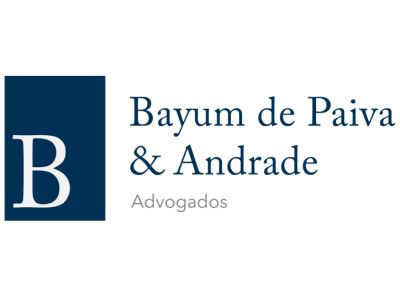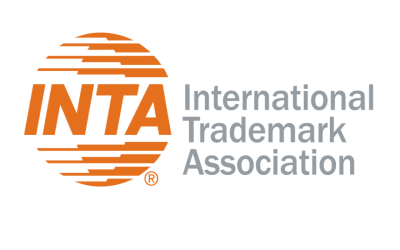Last summer, several publishers, including Universal Music Corp., Sony Music Publishing, all members of the trade group the National Music Publishers’ Association (NMPA), filed a lawsuit against X Corp., seeking $250 million in damages for alleged copyright infringement. Two months later, Elon Musk’s company filed a motion to dismiss, and in March 2024, the case had an important update.
To better understand the case, we must briefly summarize its background. In the realm of social media platforms, sharing copyright-protected work is a common practice. For this to occur, companies like TikTok and Instagram enter into licensing agreements with copyright holders and pay a licensing fee so their users can share protected content. A similar scenario, according to the plaintiffs, occurs on X’s platform, but with an important difference.
Despite allowing its users to share copyright-protected work, the company does not have licensing agreements signed with copyright holders. According to the publishers, this constitutes copyright infringement. Furthermore, the plaintiffs allege that despite being formally notified of the violations, X did not adopt a policy to put an end to the infringements and took an unreasonable amount of time to take down the tweets, which would constitute a violation of the Digital Millennium Copyright Act (DMCA). As a result, publishers filed the lawsuit, stating accusations of direct, contributory, and vicarious violation, against which X filed the motion to dismiss.
In March 2024, US District Judge Aleta Trauger dismissed the claims of direct, vicarious, and contributory copyright infringement. However, she attested that the publishers can advance their specific counts that X failed to properly police its verified users and did not take down infringing posts quickly enough, failing to comply with the DMCA terms.
Regarding the direct infringement claim, a party becomes liable when it violates at least one of the exclusive rights granted by the Copyright Act (see 17 US Code, §106) without either permission from the owner or a legally acknowledged automatic right of use, such as fair use or a statutory license. In that matter, Trauger stated that X was not an active participant in the occurred infringements but only acted “more like a telephone company – providing the mechanism for communication,” therefore dismissing the claim entirely.
As for the vicarious and contributory infringement claims, US courts have long recognized certain “doctrines of secondary liability.” According to Gershwin Pub. Corp. v. Columbia Artists Mgmt., Inc., “one infringes contributorily by intentionally inducing or encouraging direct infringement, and infringes vicariously by profiting from direct infringement while declining to exercise a right to stop or limit it” (443 F.2d 1159, 1162 2d Cir. 1971).
On the vicarious infringement count, courts typically require a conventional relationship of formal control over the infringer (e.g., an employer), which does not occur in the X case. Thus, the narrow authority and the absence of “pervasive participation” in the underlying activity lack the level of control typically required for vicarious liability to be established. In that matter, the claim was also entirely dismissed.
Regarding contributory infringement, the Judge stated that the publishers did not provide a legal basis indicating that merely hosting violated content qualifies as “materially contributing” to infringement; therefore, the claim was dismissed. However, Aleta understood this claim brings up other points that deserve to be considered. Thus, Trauger ruled the publishers can proceed regarding three potentially unlawful practices alleged to be committed by X:
(i) allowing users to pay for more forgiving treatment under its anti-infringement policies,
(ii) displaying unreasonable delay in responding to infringement notices, and
(iii) failing to take appropriate steps regarding repeated infringers.
It appears to be a victory for X. Despite the lawsuit not being over, Musk’s company succeeded in beating most of the publishers’ claims, limiting its possible accountability. What initially was a copyright infringement case now concerns discussions about liability regarding the DMCA terms and its obligation to comply. Also, it is a relevant decision at a time when attempts at regulation and accountability of social media platforms are growing.

Written by Marina M. J. de Andrade
Partner, Bayum de Paiva & Andrade Advogados
You may also like…
EUIPO and UANIPIO welcome the integration of Ukraine’s trademarks into TMview
The European Union Intellectual Property Office (EUIPO) and the Ukrainian National Office for Intellectual Property...
Jägermeister succeeds in opposing the EU trademark application Alten Kräuterfrau for alcoholic beverages
Mast-Jägermeister SE filed an opposition on the grounds of Article 8(1)(b) – likelihood of confusion between the signs...
INTA’s Brand & New podcast wins prestigious w3 Award for “Inside the Dupe Revolution” series
New York, New York—October 14, 2025—The International Trademark Association (INTA) is proud to announce that its...
Contact us to write for out Newsletter














